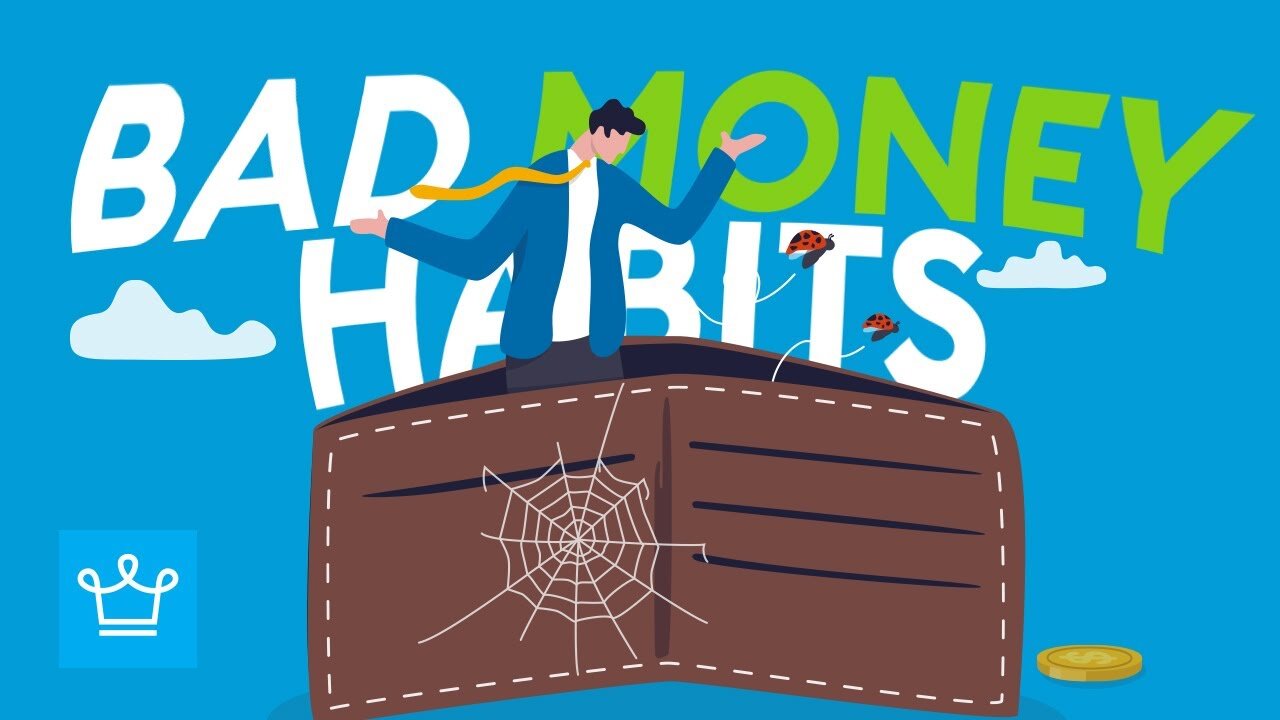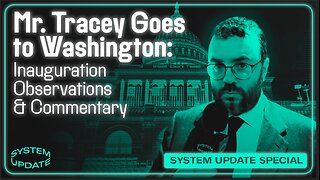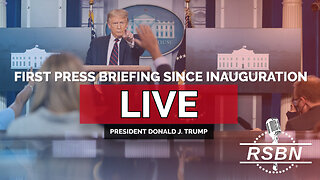Premium Only Content

15 Bad Money Habits You Need To Break Immediately
#bookishears
@bookishears
15 Bad Money Habits You Need To Break Immediately
Here are 15 bad money habits you need to break immediately:
1. **Not having a budget.** A budget is essential for tracking your income and expenses so you can see where your money is going. Without a budget, it's easy to overspend and end up in debt.
2. **Living paycheck to paycheck.** This means that you're spending all of your income each month and have nothing left over to save or invest. If you live paycheck to paycheck, you're one unexpected expense away from financial disaster.
3. **Using credit cards for everything.** Credit cards can be a convenient way to pay for things, but they can also be a major source of debt. If you're not careful, you can easily rack up a lot of debt on credit cards.
4. **Carrying a balance on your credit cards.** When you carry a balance on your credit cards, you're paying interest on the money you owe. This can add up to a lot of money over time.
5. **Not saving for retirement.** Retirement can be expensive, so it's important to start saving early. The sooner you start saving, the more time your money has to grow.
6. **Not having an emergency fund.** An emergency fund is money set aside for unexpected expenses, such as a job loss, medical emergency, or car repair. It's important to have at least 3-6 months of living expenses saved in an emergency fund.
7. **Impulse spending.** Impulse spending is when you buy things without thinking about it first. This can lead to overspending and debt.
8. **Not tracking your spending.** It's important to track your spending so you can see where your money is going. This will help you identify areas where you can cut back.
9. **Not negotiating for better deals.** You can often get better deals on things like car insurance, cell phone plans, and cable bills by negotiating.
10. **Not investing your money.** Investing your money is a great way to grow your wealth over time. There are many different ways to invest, so you can find an option that's right for you.
11. **Not getting out of debt.** If you're in debt, it's important to get out of it as soon as possible. The longer you stay in debt, the more interest you'll pay.
12. **Not being prepared for financial emergencies.** Life is full of unexpected events, so it's important to be prepared for financial emergencies. This means having an emergency fund and having a plan in place in case you lose your job or have a major medical expense.
13. **Not taking care of your credit score.** Your credit score is important because it can affect your ability to get loans, credit cards, and housing. There are many things you can do to improve your credit score, such as paying your bills on time and keeping your credit utilization low.
14. **Not being financially literate.** Financial literacy is the ability to understand and manage your money. It's important to be financially literate so you can make informed financial decisions.
15. **Not having a financial plan.** A financial plan is a roadmap for your financial future. It should include your goals, your current financial situation, and a plan for how you're going to achieve your goals.
Breaking these bad money habits can be challenging, but it's worth it in the long run. By following these tips, you can improve your financial health and reach your financial goals.
-
 16:25
16:25
Clownfish TV
10 hours agoDEI is Deader Than Disco! Hollywood Most Affected?!
1.25K2 -
 1:04:23
1:04:23
CarlCrusher
11 hours agoThe TRUTH about Roswell and the UFO Crash Recovery Material
1.1K -
 59:40
59:40
Trumpet Daily
18 hours ago $3.32 earnedAmerica’s Royal Family - Trumpet Daily | Jan. 21, 2025
5.18K12 -
 1:03:14
1:03:14
Bek Lover Podcast
11 hours agoInteresting Times with Bek Lover Podcast
1.71K1 -
 3:10:10
3:10:10
Price of Reason
13 hours agoTrump is BACK in Action! Elon Musk's Inauguration Gesture Draws MSM Fire! Disney Prepares For LOSSES
27.9K4 -
 2:08:22
2:08:22
Kim Iversen
12 hours agoIs This Even Legal? Trump’s Push to End Birthright Citizenship and The Insane Plan to Move Palestinians to Indonesia
127K273 -
 1:27:06
1:27:06
Glenn Greenwald
12 hours agoMr. Tracey Goes To Washington: Inauguration Observations, Interviews & Commentary | SYSTEM UPDATE #393
161K58 -
 52:01
52:01
Tucker Carlson
17 hours agoNew York Mayor Eric Adams Sounds a Lot Like a Trump Voter
234K216 -
 2:47:25
2:47:25
Right Side Broadcasting Network
15 hours agoLIVE REPLAY: President Donald J. Trump Holds First Press Briefing Since Inauguration - 1/21/25
255K214 -
 1:08:45
1:08:45
Man in America
14 hours agoTrump UNLEASHED! Dismantling the Deep State and Restoring America
58.2K74